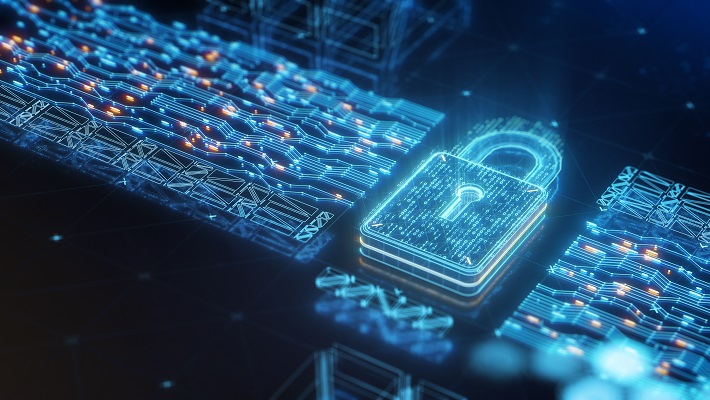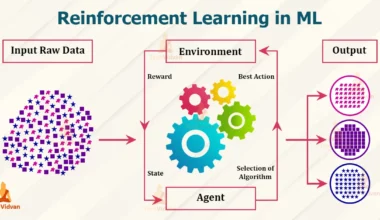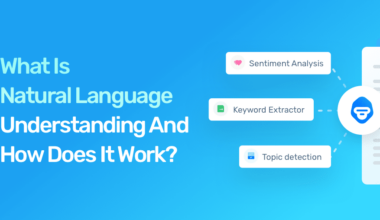Data encryption is the process of converting data into a form that is unreadable without a special key. This makes it difficult for unauthorized users to access sensitive data, even if they are able to gain physical access to the data or intercept it in transit.
Data encryption is an essential part of data security, and it is used by businesses, organizations, and individuals to protect a wide variety of sensitive data, including:
- Financial information, such as credit card numbers and bank account numbers
- Personal information, such as Social Security numbers, driver’s licenses, and medical records
- Intellectual property, such as trade secrets and proprietary designs
- Government data, such as classified military information and law enforcement records
There are many reasons why data encryption is important. Some of the most important reasons include:
- To protect sensitive data from unauthorized access. Encryption makes it very difficult for unauthorized users to access sensitive data, even if they are able to gain physical access to the data or intercept it in transit. This can help to prevent data breaches, which can have a significant financial and reputational impact on businesses and organizations.
- To comply with regulations. Many industries are subject to regulations that require them to protect sensitive data. For example, the healthcare industry is subject to the Health Insurance Portability and Accountability Act (HIPAA), which requires healthcare organizations to protect the privacy of patient information. Encryption can help businesses and organizations to comply with these regulations.
- To protect data in transit. When data is transmitted over a network, it is vulnerable to interception by unauthorized users. Encryption can help to protect data in transit by making it unreadable to unauthorized users.
- To protect data at rest. When data is stored on a computer or other device, it is also vulnerable to unauthorized access. Encryption can help to protect data at rest by making it unreadable to unauthorized users.
In addition to these reasons, data encryption can also help to:
- Increase data security. Encryption is one of the most effective ways to protect sensitive data from unauthorized access.
- Reduce the risk of data breaches. Data breaches can have a significant financial and reputational impact on businesses and organizations. Encryption can help to reduce the risk of data breaches by making it more difficult for unauthorized users to access sensitive data.
- Facilitate data sharing. Encryption can help to facilitate data sharing by ensuring that sensitive data is protected during the sharing process.
- Meet regulatory requirements. Many industries are subject to regulations that require them to protect sensitive data. Encryption can help businesses and organizations to comply with these regulations.
Overall, data encryption is an essential part of data security. It can help to protect sensitive data from unauthorized access, comply with regulations, and facilitate data sharing. If you are concerned about the security of your sensitive data, you should consider using data encryption.
Here are some additional tips for using data encryption effectively:
- Use strong encryption algorithms. There are many different encryption algorithms available, and some are more secure than others. When choosing an encryption algorithm, you should consider the sensitivity of the data you are encrypting and the level of security you need.
- Use long encryption keys. The length of the encryption key is a major factor in the security of the encrypted data. Longer keys are more secure than shorter keys.
- Store encryption keys securely. The encryption keys are the keys to your encrypted data. If they are lost or compromised, your data will be inaccessible. You should store encryption keys securely in a password manager or other secure location.
- Use data encryption in conjunction with other security measures. Data encryption is an important part of data security, but it is not the only security measure you should use. You should also use other security measures, such as firewalls, intrusion detection systems, and access control lists, to protect your sensitive data.
By following these tips, you can help to ensure that your sensitive data is protected by data encryption.











